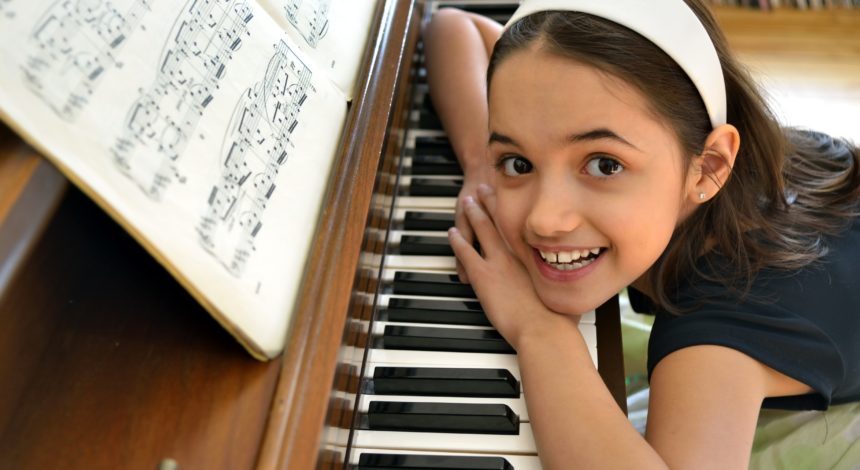Music is so much more than a ruckus of sounds and noises.
Music is a form of expression that is scientifically proven to improve our lives. It turns out that our brains actually feel pleasant when we hear new music[1], making music lessons an ideal environment. Music even makes us feel happier and has a healthy effect on the blood flow in our blood vessels[2]. When children and adults engage in music, specifically up-beat music and lyrics, they help themselves perform better in high-pressure situations[3]. What’s more, music engages areas of the brain that are involved with paying attention, making predictions and updating events in our memory[4]. In fact, music lessons in childhood actually enlarge the brain[5].
[1] Menon, V., & Levitin, D. (2005). The rewards of music listening: Response and physiological connectivity of the mesolimbic system. NeuroImage, 28(1), 175-184. doi:10.1016/j.neuroimage.2005.05.053q


